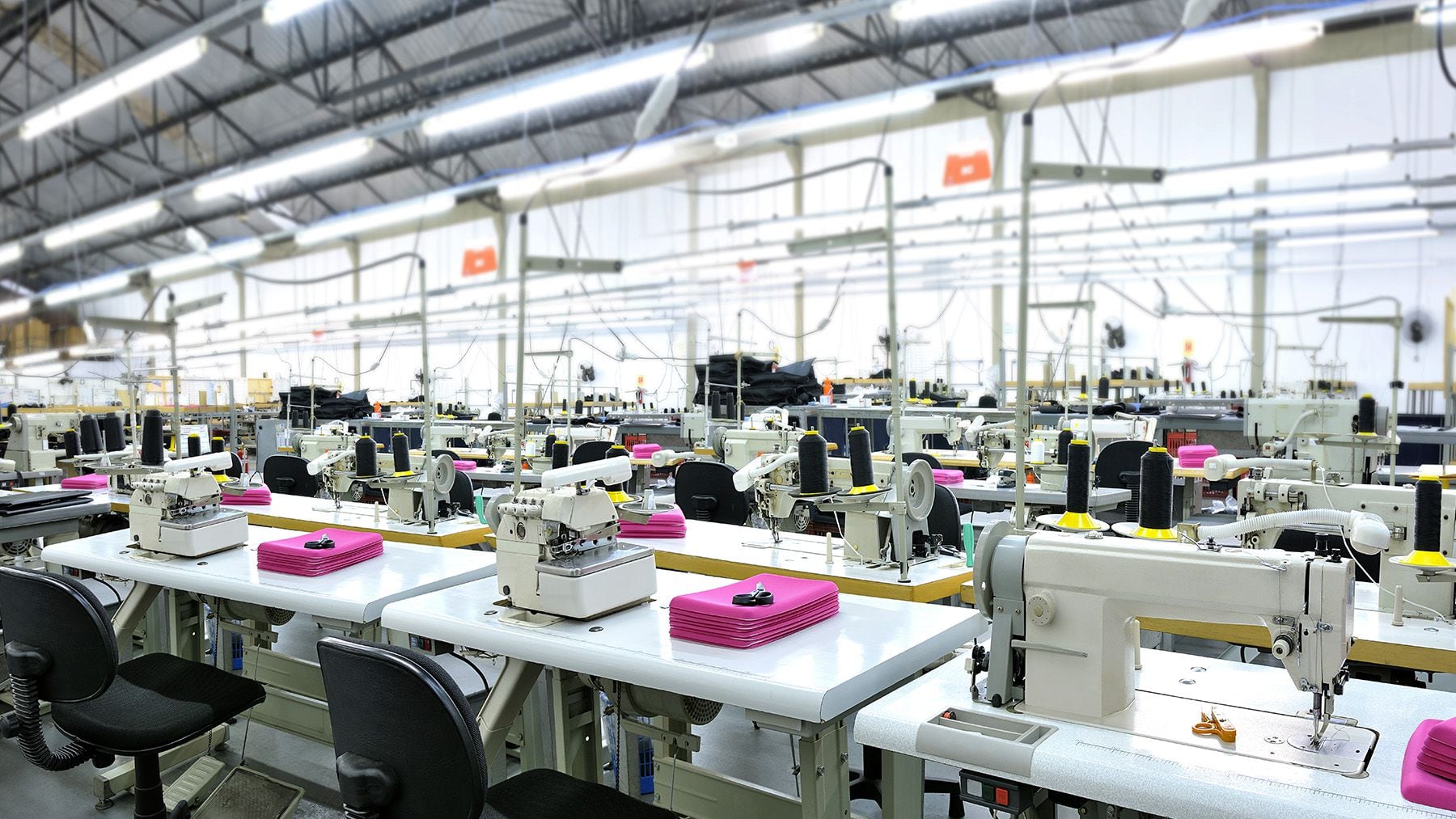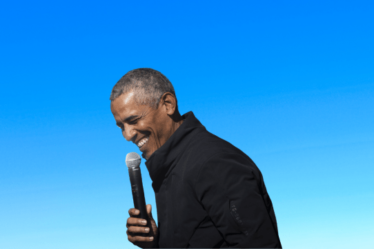
The United States blocked imports from 26 Chinese cotton traders or warehouse facilities on Thursday as part of its effort to eliminate goods made with the forced labor of Uighur minorities from the US supply chain.
The companies are the latest additions to the Uyghur Forced Labor Prevention Act Entity List that restricts the import of goods tied to what the US government has characterised as an ongoing genocide of minorities in China’s Xinjiang region.
US officials believe Chinese authorities have established labor camps for Uighurs and other Muslim minority groups in China’s western Xinjiang region. Beijing denies any abuses.
Many of the cotton companies listed are based outside of Xinjiang but source their cotton from the region, the US Department of Homeland Security said in a statement.
The designations help “responsible companies conduct due diligence so that, together, we can keep the products of forced labor out of our country,” Alejandro Mayorkas, Secretary of Homeland Security, said in the statement.
A spokesperson for the Chinese embassy in Washington criticised the move. “The so-called ‘Uyghur Forced Labor Prevention Act’ is just an instrument of a few US politicians to disrupt stability in Xinjiang and contain China’s development,” the spokesperson said.
Washington has restricted imports from 65 entities since the Uyghur Forced Labor Prevention Act Entity List law was passed in 2021, according to the department.
“We enthusiastically endorse DHS’s action today to nearly double the Uyghur Forced Labor Prevention Act’s ‘Entity List’ – while recognising that the current list remains only a fraction of the businesses complicit in forced labor,” Rep. Chris Smith and Sen. Jeff Merkley, chairs of the bipartisan Congressional-Executive Commission on China, said in a statement.
The lawmakers want DHS to blacklist Chinese companies in the polysilicon, aluminum, PVC and rayon industries and any company in other parts of Asia making goods for the US market with inputs sourced from Xinjiang.
By Karen Freifeld and Susan Heavey; Editors: Doina Chiacu, Chizu Nomiyama and Nick Macfie
Learn more:
Luxury Brands Lag on Efforts to Reduce Forced Labour
Despite strides made to eliminate the use of forced labour in fashion’s supply chain, companies’ lack of transparency is causing them to fall behind, according to a new industry report.



